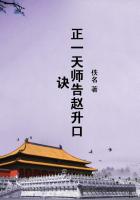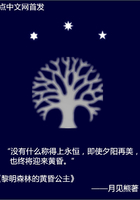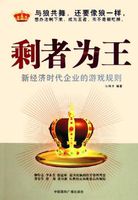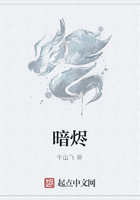After seven years of imprisonment, the gates opened at last for the Baron de Richemont; and he who had been placed there without the sentence of a judge, was released with as little show of authority.
The son of the queen was free again; the death of King Louis XVIII. had restored him to the walks of men. But another King of France assumed his place at once; the Count d'Artois ascended the throne under the title of Charles X.
The poor Baron de Richemont bore his sorrows and his humiliation into the valleys of Switzerland. But when, in the year 1830, King Charles X. abdicated the throne, the son of Marie Antoinette again came forth from his solitude, issued a proclamation to the French people, and, in the presence of all Europe, demanded his inheritance.
Yet, amid the clash of weapons and the roar of revolutions, the voice of the unfortunate prince was overborne. He had no soldiers, no cannon, to enforce silence and make himself be heard. But the Duke d'Orleans, Louis Philippe, had soldiers and cannon; and the arms of his dependants, and the magic of his wealth, placed him upon the throne in July, 1830. [Footnote: It was the 9th of August.--Tr.]
The poor Baron de Richemont, the son of kings, the last of the Bourbons in France, had now a single friend, who, perhaps, would receive him. This friend was the Duke de Bourbon--Conde, now an old man of eighty years. One day, some weeks after the accession of Louis Philippe, the Duke de Bourbon received at his palace of St.
Leu a gentleman whom nobody knew, who announced himself as the Baron de Richemont.
The duke went out into the anteroom, greeted his guest with the greatest deference, and led him into his cabinet. There the two gentlemen carried on a long and earnest conversation, and the secretary of the duke, who was at work in the library hard by, distinctly heard his master say, with trembling tones: "Sire, I implore you, forgive me. The circumstances were stronger than my will. Sire, go not into judgment with me--forgive me."
To this an angry voice replied: "No, I will not forgive you, for you have dealt perfidiously with the son, as you did once with the mother! You have not redeemed the oath that you once gave me. I leave you. May God be gracious to you, and pardon you. Take care that He does not punish you for the treachery that you have shown to me. You swore that you would acknowledge no other king but me, and yet you have taken your oath to the third king. Farewell! May the Almighty protect you! We shall see each other, perhaps, in a better world, and there you will have to give your account to a Judge whom nothing can mitigate. Be happy, and may the dead sleep in peace!"
[Footnote: The very words of Richemont.--See "Memoires du Duc de Normandie," p. 243.]
The secretary then heard the forcible closing of a door, and all became still. After an hour he entered the duke's cabinet, because the silence troubled him. The old duke sat in his arm-chair, pale, and gazing with constant looks at the door through which the stranger had departed. He was reticent the whole day, and in the night following his valet heard him softly praying and weeping. On the next morning, August 27th, 1830, on entering the sleeping-room of his master, he found him dead and already rigid. The duke had hanged himself at the window of his own room.
The last dependant of the unhappy king, who still bore the name of the pretender, was dead, as were all his relations, including his sister, the Duchess d'Angouleme.
But from the dead there came a greeting. She had ordered a large sum to be paid yearly to the Baron de Richemont, and the report was that she had wished to recognize him on her death-bed as her brother. But her confessor had counselled her that such a recognition would introduce new contentions among the Bourbons, and give the pretender Henry V. equal claims with Louis XVII.
Yet the Duke de Normandie was not silent; he spoke so loudly of his rights that Louis Philippe at last held it advisable to arrest him and bring him to trial. The preliminary investigation continued fifteen months; then he was brought before the court, and accused of conspiracy against the safety of the state.















